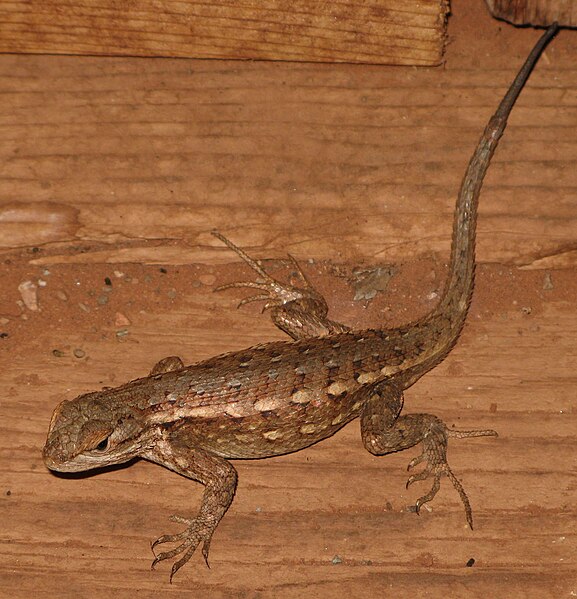
They don’t help the life forms, and they can harm everyone else. Laurie Doan highlights this one:
… the listing proposal for the dunes sagebrush lizard threatened a large segment of U.S. domestic oil production and the economies of Southeastern New Mexico and West Texas.
Public protests forced a re-examination, and here’s what they found:
Due to the Kintigh investigation, it has been discovered that at least two of the “independent” reviewers have conflicts of interest: Dr. Lauren Chan and Dr. Howard Snell—they wrote the foundational studies for the proposal.
It gets better:
Whoever wrote the proposed rule clearly wanted the lizard listed as the document is filled with contradiction and speculation—but it was issued anyway. In the proposed listing it states: “We do not know the magnitude or imminence of the direct or indirect impacts of competition and climate change on the status of the species at this time. However, we consider exposure to oil and gas pollutants to be a threat to the species throughout its range, both now and continuing into the foreseeable future.” Wait, you, the unknown author, are willing to destroy the regional economy based on “we do not know” and “we consider”? In other cases, the word “likely” is used to describe a population reduction. Elsewhere it is stated that the species is “persisting.” “Could,” “can,” “we believe”…
Sounding that way, it could be Darwinism. But it were, taxes would be collected to force your kids to learn it in school.
It gets better:
One example of the contradictions within the listing rule is in reference to the pipelines found in the habitat area and utilized in oil and gas activities. The concluding comments of the pipeline section say that pipelines are a “significant threat,” but earlier it states: “It is not known how dunes sagebrush lizards utilize pipelines.” Additionally, one of the studies the rule is based on indicates that the lizards like pipelines and service roads: “…pipeline cuts and sand roads serve as preferred habitat…”
Just think, unlike the toads addicted to paved roads, they won’t get run over. In the real world, they will multiply wherever pipelines provide basking sand.
Now, Doan is a lobbyist for the energy industry, so has a vested interest, but that doesn’t mean we should ignore her. The worst aspect of these put-up jobs is that they make the average job-seeker skeptical of all claims about endangerment – including legitimate ones.
What if it is actually difficult to extinguish species that are well adapted to their environment? It’s hard to research that in a climate of fear.
See also: Living fossils: Animals we thought were extinct
Follow UD News at Twitter!